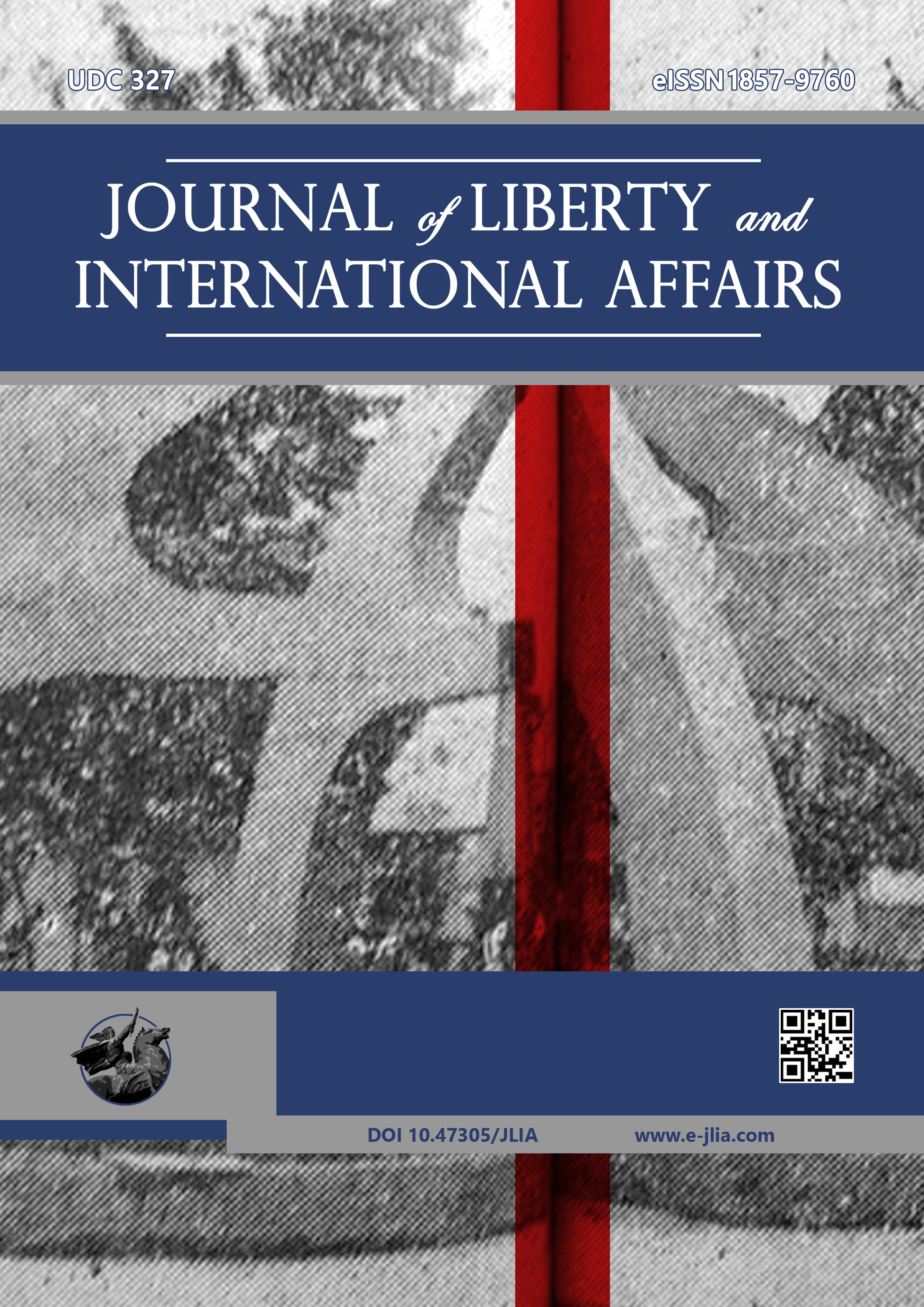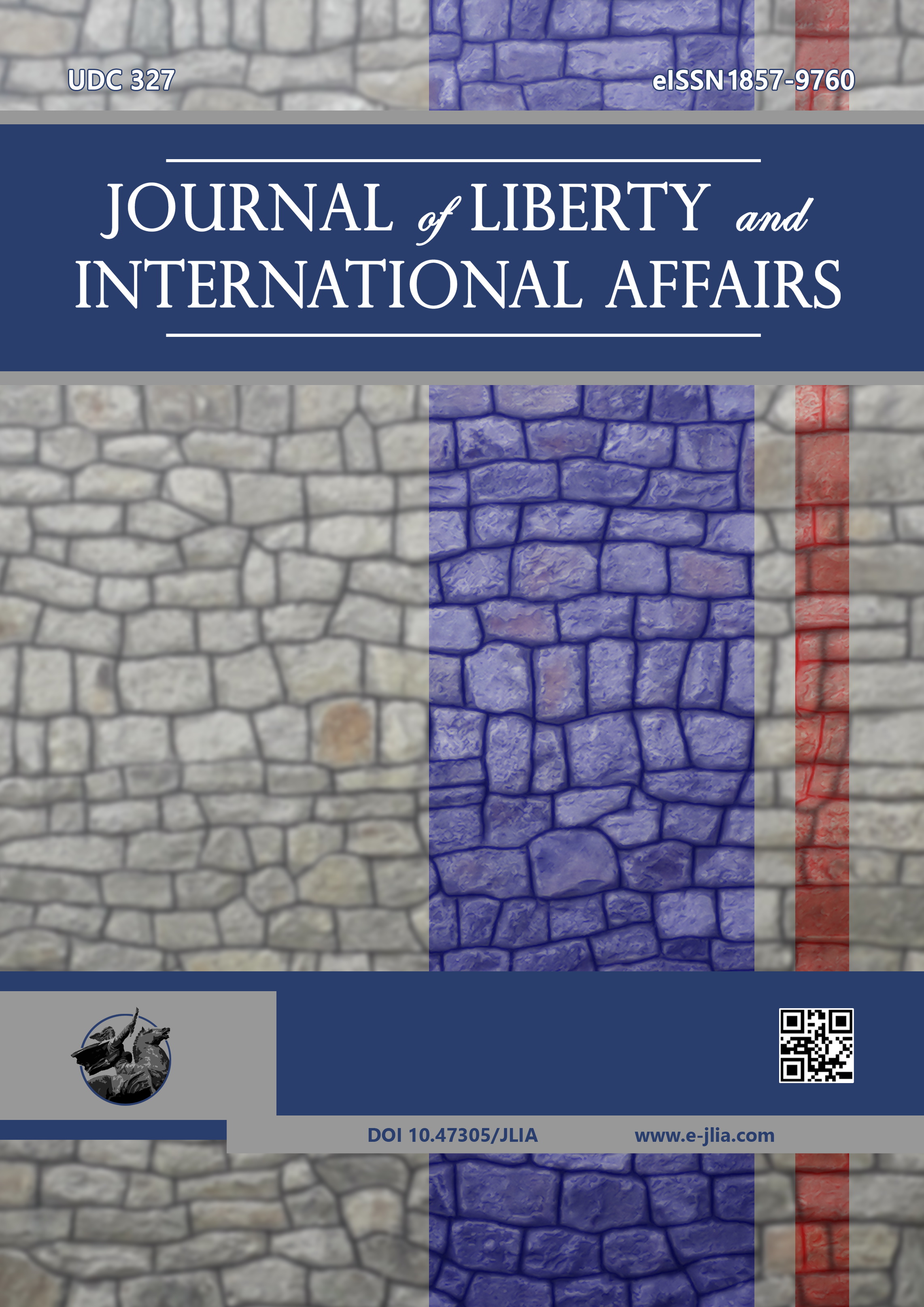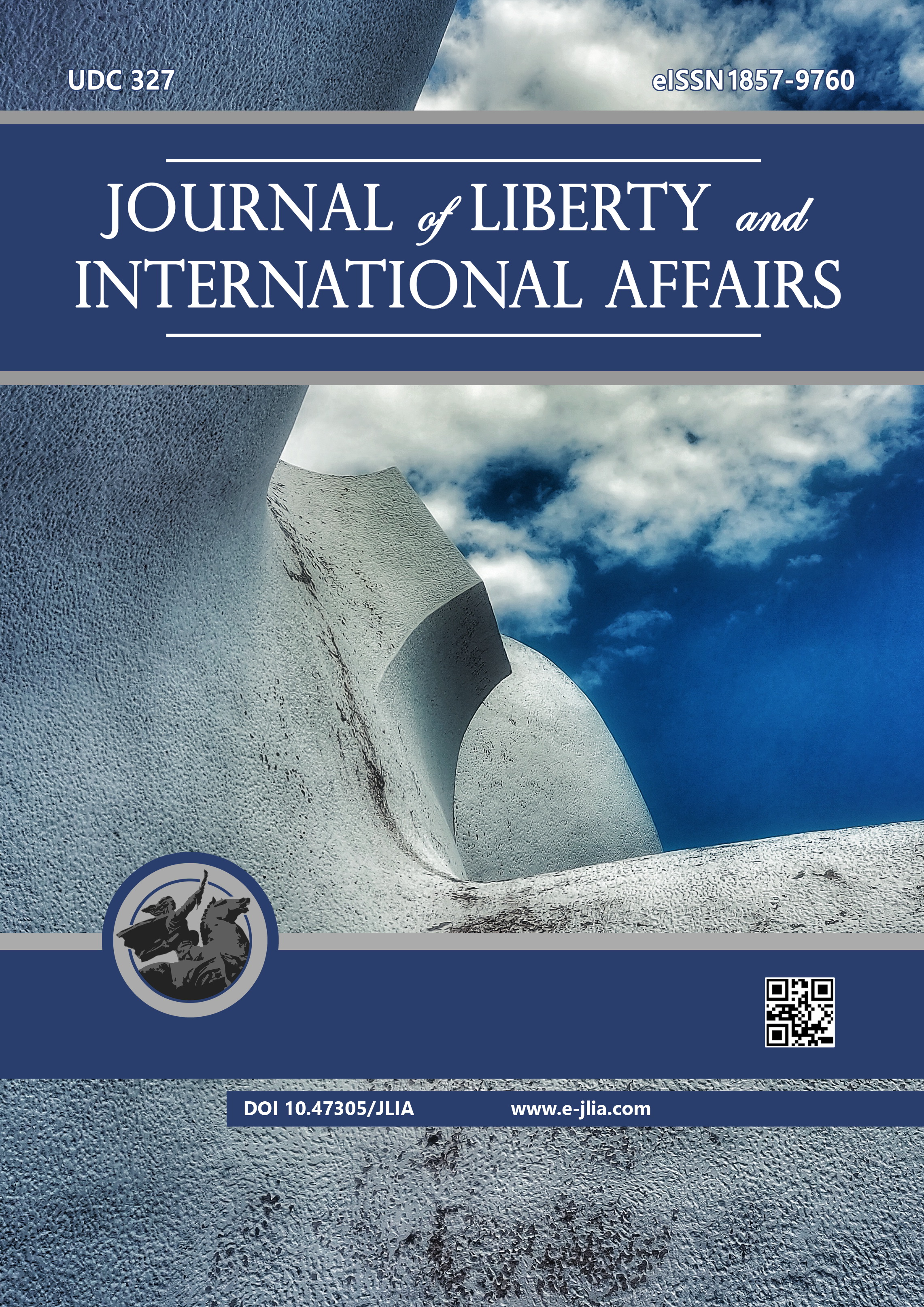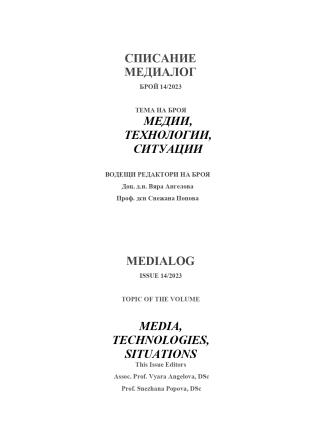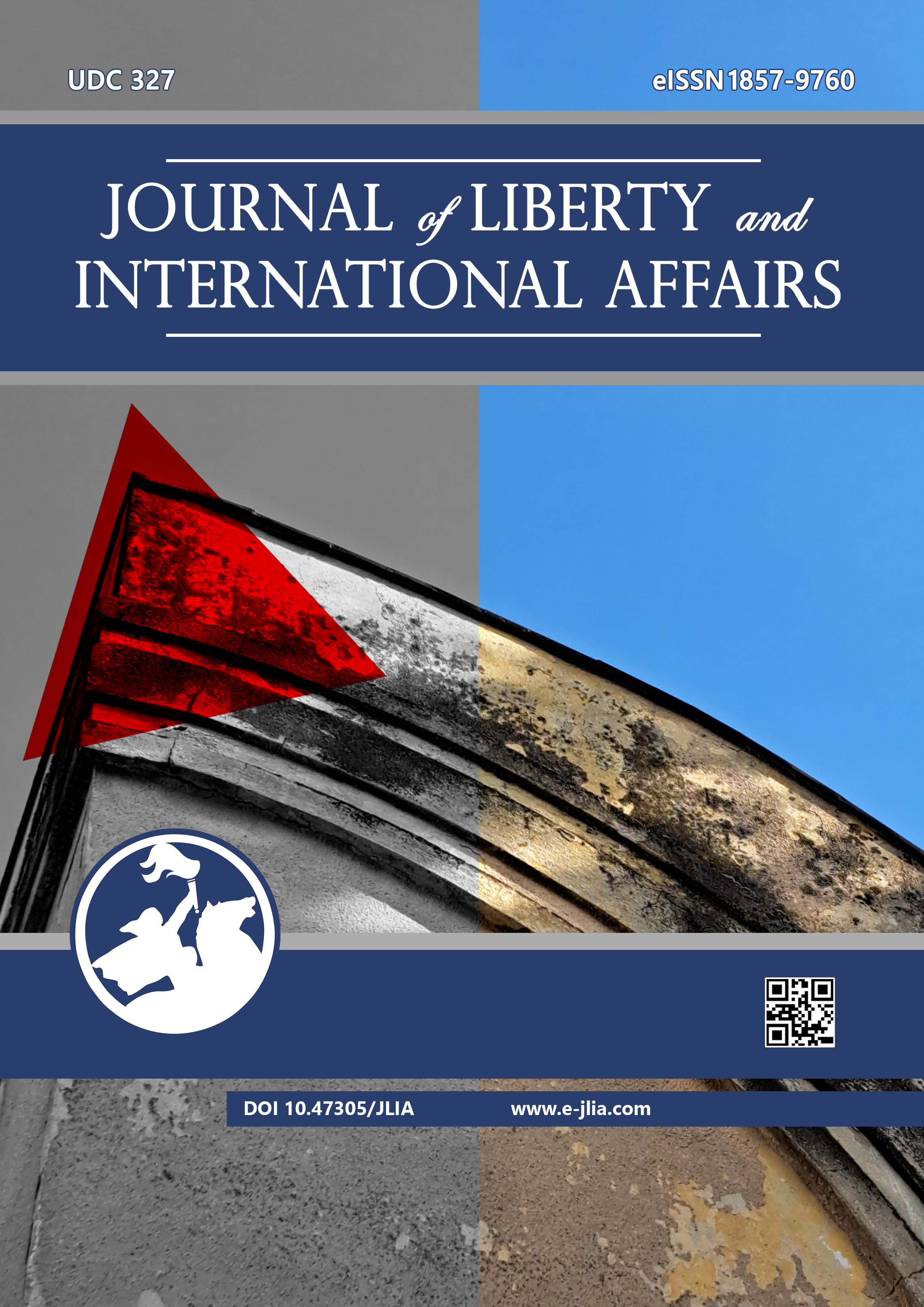Author(s): Bojan D. Janković,Vladimir M. Cvetković,Zvonimir M. Ivanović,Aleksandar Ivanov,Svetlana Jovanović,Božidar B. Otašević / Language(s): English
Issue: 3/2023
The study aims to determine the trust and presence of police officers in schools in Serbia, as well as the perception of the principals and secretaries, teachers and staff, parents, and students on how successful the specific police units dedicated to schools were in fulfilling their tasks. The ex-post analysis was conducted through PEST/SWAT analysis, mapping the key actors and using batteries of online questionnaires, besides interviews with the MOI representatives, surveyed with personal interviewing, computer-aided surveying, desk analysis, and content analysis. The survey was conducted from September 2021 to June 2022. The research methods were implemented in 1140 schools in Serbia, and 8,617 people were included in surveys: police officers (308); principals and secretaries (1085); the team for protection against discrimination (982); teachers and staff (2988); parents (938) and students (2316). The relationships between the covariates and perception were investigated using the t-test, one-way ANOVA, multivariate linear regression, and binary regression. The results showed that a project of school police officers was not fully recognized as one of the strategically essential instruments for safe schools; trust is low, but presence is high. Besides that, the results suggest that the entire public believes that police are needed in schools and that it positively affects school safety. Regarding school safety policy, it is necessary to undertake three measures for the sustainable development of trust and the presence of police in school: regulatory, informative-educational, and institutional-organizational.
More...
